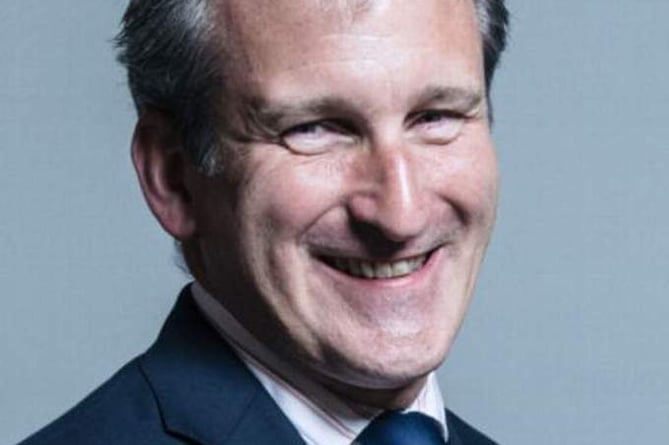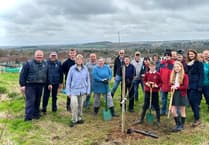The start of a new academic year is a big moment for pupils, parents and teachers.
It arrives with a great sense of anticipation, particularly for those who are just starting primary school, moving up to secondary or on to sixth form college.
It can be quite daunting – new subjects, new teachers, new friends – but it can also be reassuring.
The return to the routine of school, with the structure and support that comes from school communities, will be welcomed by many.
And although Covid is still with us, with the possibility that spikes in infection may cause some disruption during the coming months, the start of this autumn term begins with a far greater return to normality.
But there is, of course, still a legacy from the pandemic in terms of attainment, and I welcome new funding announced last week for the next phase of the Accelerator Fund, increasing access to literacy and numeracy programmes in schools over the next three years.
This is part of the government’s commitment to ensure children who fall behind in maths or English get support to get back on track.
It follows a first year of the initiative which saw the Education Endowment Foundation support 20 programmes across more than 1,500 settings, including those in regions that experienced significant learning loss during the pandemic.
The foundation will also support Early Years Stronger Practice Hubs, which will provide advice, share good practice and offer professional development for early years practitioners.
The same approach has been used with both English and maths hubs already operating across the country, and additional funding will now help to deliver the phonics and numeracy programmes to many more schools.
And this is not just an issue for the UK. Last Thursday (September 8) was UNESCO’s International Literacy Day, recognising the wider global impact on learning during the pandemic, with the prospect that millions of people across the world may never return to formal education.
We are fortunate here in East Hampshire to have great schools with fantastic teachers and support staff. And being able to visit schools and spend time with staff and pupils is certainly a highlight of my role as an MP.
Teachers and staff did an amazing job throughout the pandemic, yet I know how important the return to face-to-face teaching has been for everyone.
The impact and inspiration from the person at the front of the classroom, the structure and routine of the school day, the support and friendship of others; these are all vital in the development of young people, and none more so than in the early years.
We continue to face extremely tough times, both here and abroad, and school will remain an important constant for many.
As MPs also return to the start of a new parliamentary session, with a new prime minister in place, we will see the formation of a new government with new policies to meet the present challenges we face.
Those challenges are certainly great, and although political beliefs and allegiances vary across the House, I know MPs are very conscious of the trust placed in them by their constituents, to make and support decisions they believe to be right for them and for the country as a whole.
I feel very fortunate and proud to represent East Hampshire, and I will continue to do what I can to support the interests of the constituency in parliament and beyond.




